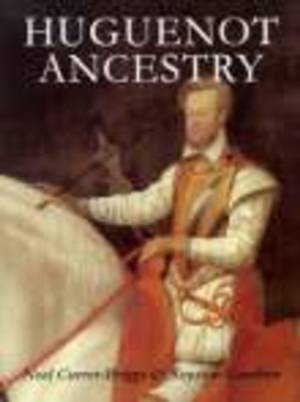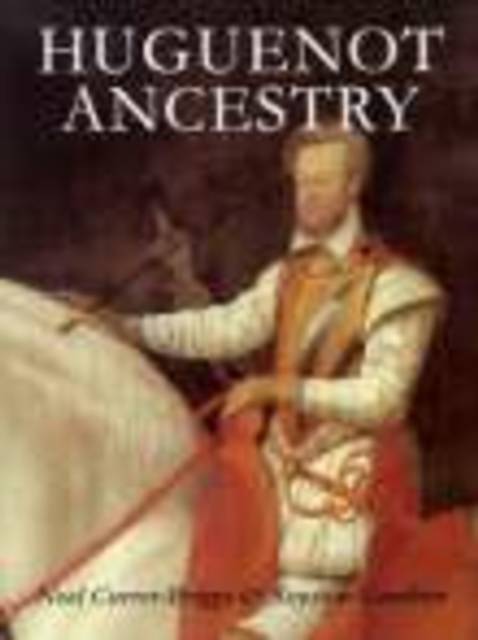
Bedankt voor het vertrouwen het afgelopen jaar! Om jou te bedanken bieden we GRATIS verzending (in België) aan op alles gedurende de hele maand januari.
- Afhalen na 1 uur in een winkel met voorraad
- In januari gratis thuislevering in België
- Ruim aanbod met 7 miljoen producten
Bedankt voor het vertrouwen het afgelopen jaar! Om jou te bedanken bieden we GRATIS verzending (in België) aan op alles gedurende de hele maand januari.
- Afhalen na 1 uur in een winkel met voorraad
- In januari gratis thuislevering in België
- Ruim aanbod met 7 miljoen producten
Zoeken
Omschrijving
This is the first book to help the many genealogists throughout the English-speaking world whose forebears may have been Huguenots. The religious refugees who fled from France and the Low Countries to Britain and America in the 17th century were so numerous that their descendants must now run to some hundreds of thousands. For those with French or foreign-sounding names the possibility of Huguenot ancestry is clear but, because many refugees Anglicized their surnames, all trace of their continental origin may have been lost. It is likely that many Whites, Carpenters, Browns, and Smiths were originally Leblancs, Charpentiers, Lebruns, or Lefevres. The authors have set out to help these people just as much as those with a clearly established Huguenot connection. The book begins with an outline of the historical and religious events in France which led up to the Revocation of the Edict of Nantes in 1685, and which resulted in the flight of so many refugees. It goes on to provide a detailed description of the methods and sources for tracing Huguenot ancestry in all the places in which they took refuge. Both authors have immense practical experience which is placed at the reader's disposal to give both a systematic guide to research and invaluable advice on how to organize the results and, eventually, to write up a family history. In addition, the Huguenot contribution to the economic, cultural, religious and political life of Britain and what were then the British overseas colonies is studied at length. A comprehensive list of refugee families, some prominent but many less so, is supplied. As the Dule of Buccleuch observes in his Foreword, the debt owed by the English speaking world to these refugees is very large, and one of the purposes of this book is to recognize this fact.
Specificaties
Betrokkenen
- Auteur(s):
- Uitgeverij:
Inhoud
- Aantal bladzijden:
- 160
- Taal:
- Engels
Eigenschappen
- Productcode (EAN):
- 9781860771736
- Verschijningsdatum:
- 1/10/2010
- Uitvoering:
- Paperback
- Formaat:
- Trade paperback (VS)
- Afmetingen:
- 186 mm x 246 mm
- Gewicht:
- 557 g

Alleen bij Standaard Boekhandel
+ 55 punten op je klantenkaart van Standaard Boekhandel
Beoordelingen
We publiceren alleen reviews die voldoen aan de voorwaarden voor reviews. Bekijk onze voorwaarden voor reviews.









